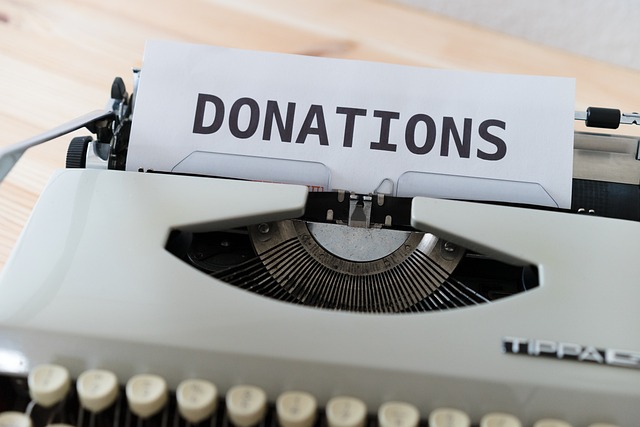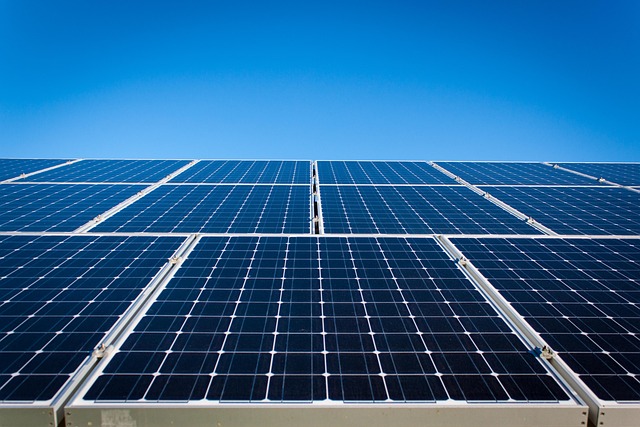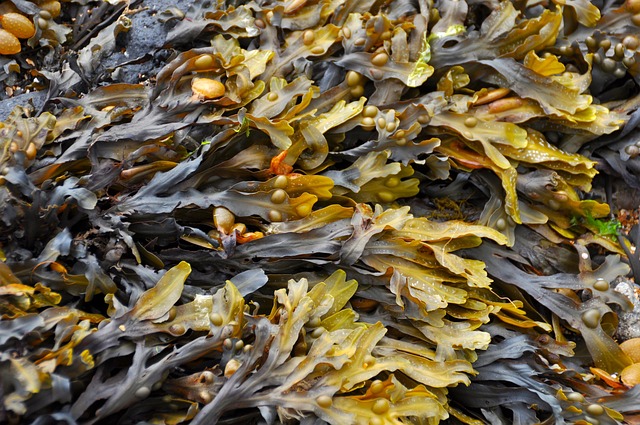Understanding Mass Loss and Its Ripple Effects on Our Planet
The phenomenon of melting ice is not just a distant spectacle occurring in the polar regions—it’s a powerful indicator of the profound changes unfolding in our environment. When discussing mass loss in ice caps and glaciers, we’re really talking about the disappearance of vital components that regulate Earth’s climate system. This loss has far-reaching consequences, impacting everything from sea levels to global weather patterns.
The Environmental Toll of Shrinking Ice
Ice masses act as natural reservoirs, reflecting sunlight and maintaining Earth’s temperature balance. As these icy expanses shrink due to mass loss, more sunlight is absorbed by darker ocean and land surfaces, accelerating warming in a feedback loop. This environmental shift disrupts habitats, endangers native species, and alters freshwater availability for countless ecosystems. Such changes remind us that melting ice is more than an isolated event—it is a transformation of the natural world we rely on.
Mass Loss and Climate Change: Two Sides of the Same Coin
Climate change fuels the accelerated mass loss from ice formations worldwide. Rising temperatures melt glaciers and ice sheets at unprecedented rates, contributing to rising sea levels that threaten coastal communities and ecosystems. This not only leads to the physical loss of land but also increases the intensity and frequency of extreme weather events globally. The cycle of warming and melting is intertwined, underscoring the urgency with which climate issues must be addressed.
Connecting Emotion with Action
When we consider the mass loss from melting ice, it’s natural to feel a mixture of concern, urgency, and responsibility. This phenomenon reflects the larger narrative of environmental changes impacting our planet and our own lives. Recognizing this connection empowers us to advocate for sustainable practices, support climate policies, and engage in conversations that foster collective efforts to protect our world.




